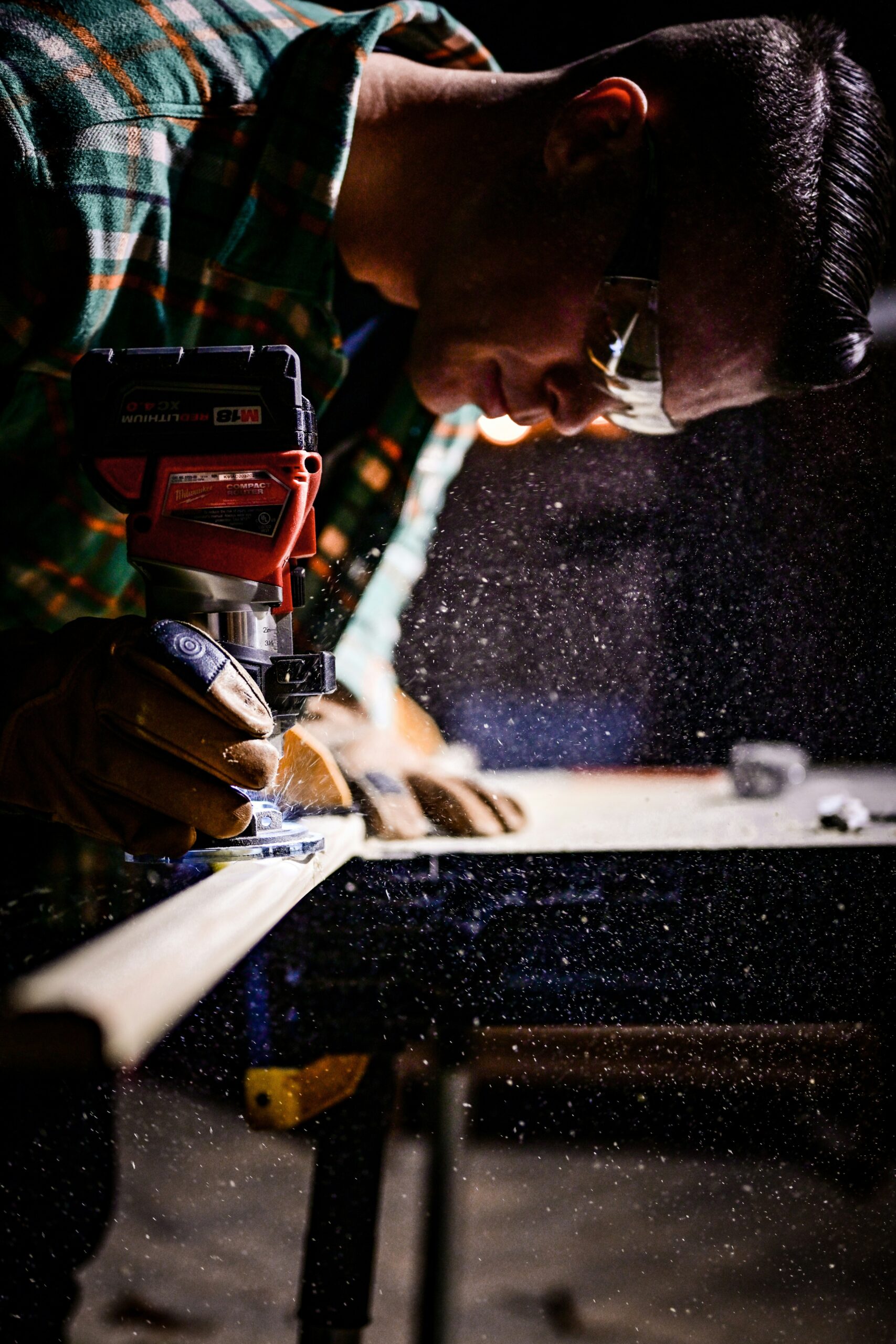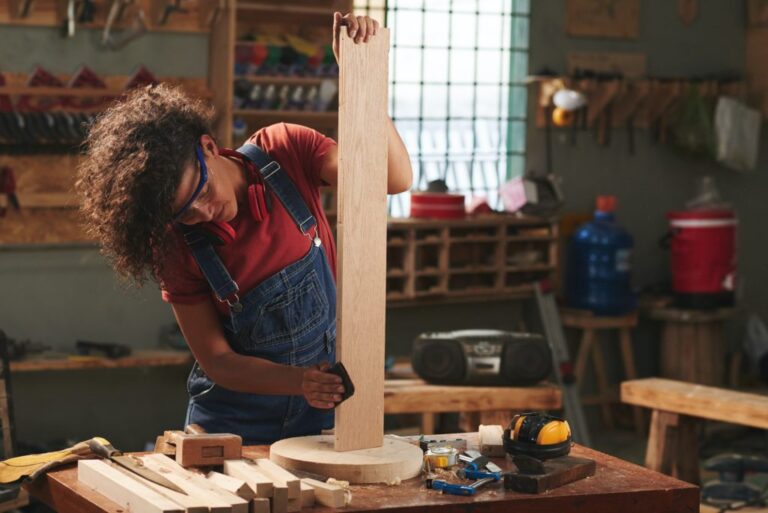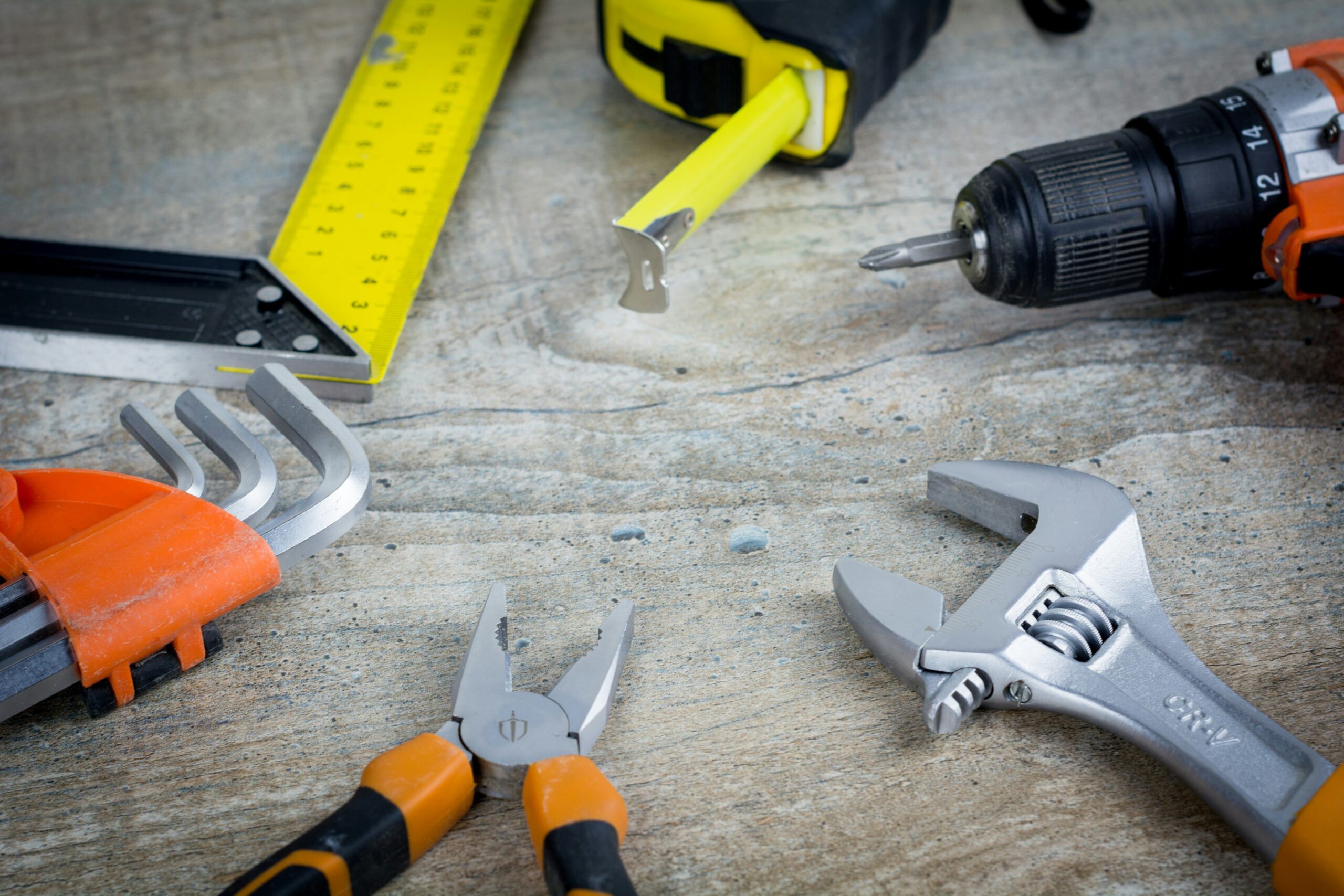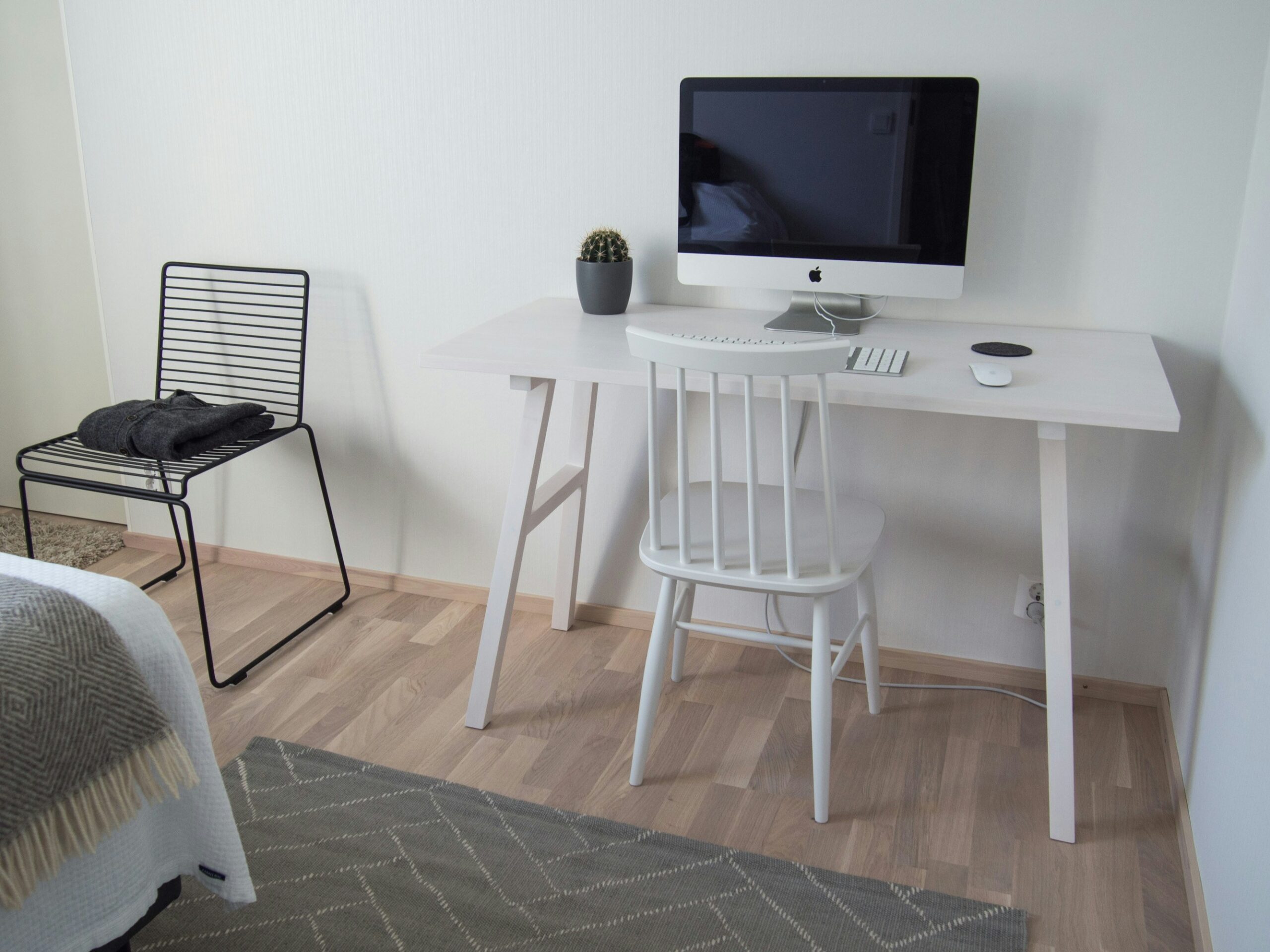The Importance of Finish Carpentry in Enhancing Your Home’s Aesthetic
Understanding Finish Carpentry
Finish carpentry involves the final touches that make a house look polished and complete. These finishing details are crucial for adding both elegance and sophistication to any space. Elements such as trim, molding, and casing not only cover gaps and seams but also provide a finished look that elevates the appearance of a home.
The Types of Trim
Trim is a key component of finish carpentry that frames windows, doors, and floors. Baseboards, for instance, are installed along the bottom of interior walls to cover the joint where the wall meets the floor. Crown molding is another popular type that adorns the area where walls and ceilings meet, adding a touch of elegance. Chair rails are also common and are used to protect walls from furniture damage while providing an aesthetically pleasing visual break between the upper and lower wall sections.
Elegant Molding Options
Molding options include various styles such as colonial, modern, and craftsman. Each style brings a unique look to a room. Colonial molding often features intricate designs and is perfect for traditional homes. Modern molding tends to be simpler and cleaner, making it ideal for contemporary spaces. Craftsman molding emphasizes straight lines and minimalistic design, which can blend seamlessly into a variety of home styles.
Enhancing Spaces with Finishing Details
Beyond trim and molding, finish carpentry includes details like built-in shelves, wainscoting, and ceiling medallions. Built-in shelving units can transform empty wall space into functional storage that blends with your home’s decor. Wainscoting, which is a type of paneling applied to the lower portion of walls, adds texture and visual interest. Ceiling medallions can be used to accentuate light fixtures, adding a layer of sophistication to living rooms, dining areas, and entryways.






